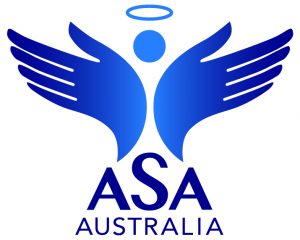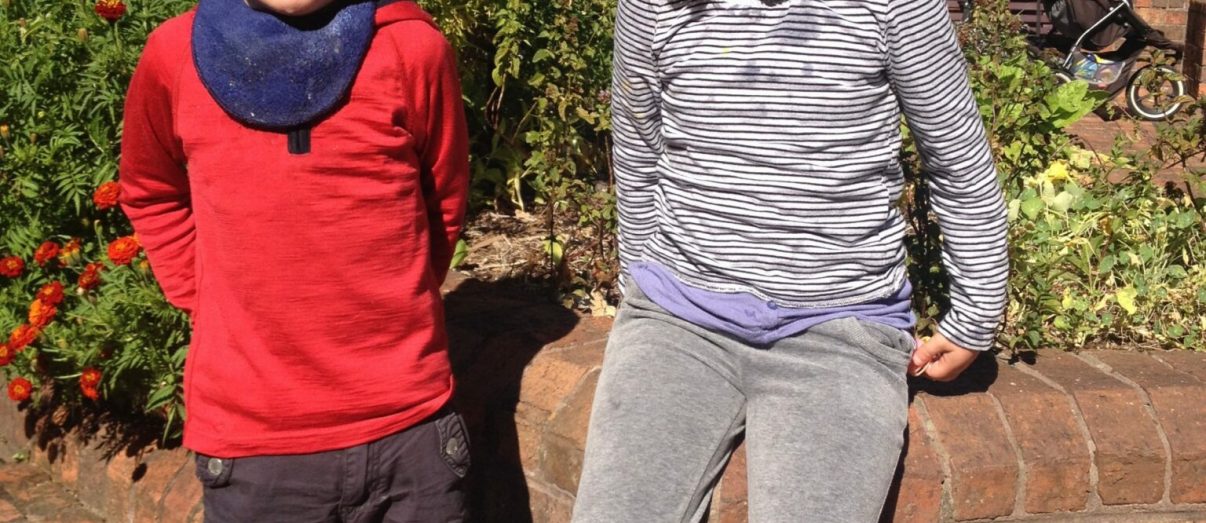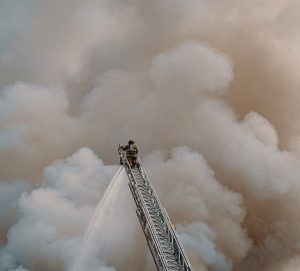Angelman Syndrome is a rare but devastating neuro-genetic disorder that affects 1 in 20,000 people in Australia. The symptoms of this disorder can be overwhelming and heavily impact the lives of those affected and their families.
Children diagnosed with Angelman Syndrome suffer severe intellectual impairment and developmental delays. Common symptoms include speech difficulties, seizures, mobility & balance issues and trouble sleeping. Most cases are diagnosed between the ages of 1 and 7, and are usually caused by a missing section (deletion) of the mother’s copy of chromosome 15.
Raising a child with Angelman Syndrome can be challenging, consuming and at times, exhausting. Those affected require intense treatment from an early age, including speech therapy, occupational therapy and physiotherapy. These treatments help sufferers to achieve alternative methods of communication, relevant life skills, and improve their mobility and balance.
Diagnosis of this rare disorder can be daunting and overwhelming for family members, which is why organisations such as the Angelman Syndrome Association Australia (ASAA) have been created and are so important.
The ASAA was established in 1993 with a mission to support, educate and advocate for families affected by Angelman Syndrome. It’s run by a committee of volunteers who have family members with Angelman Syndrome. Since its inception, the ASAA has established national, regional and local support systems that connect AS families together, providing local advice, advocacy and raising awareness about AS in the wider Australian community.
Whilst the symptoms of Angelman Syndrome are severe, those affected typically have a playful and happy nature and love interacting with others. While there is currently no cure for Angelman Syndrome, there are many treatments available to ensure these resilient sufferers can live happy and fulfilled lives.
To find out more about Angelman Syndrome or to support further research into AS, visit www.angelmansyndrome.org where you can donate to this worthwhile cause.






